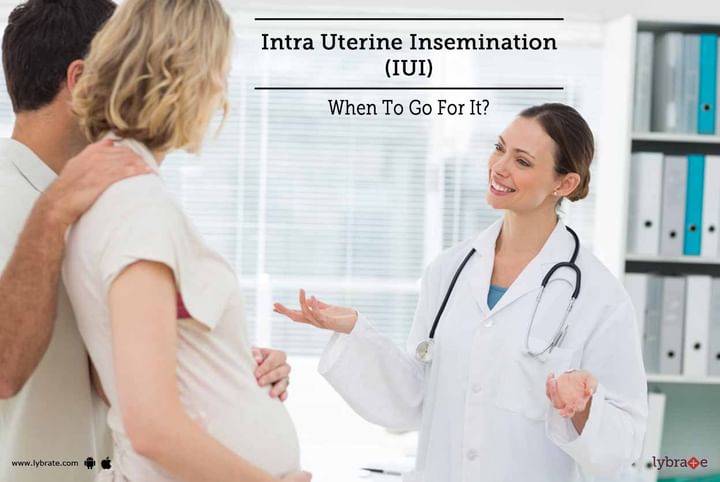Intra Uterine Insemination (IUI) - When To Go For It?
For the benefit of couples suffering from infertility, modern medical science has introduced several innovative procedures. Some of the popular procedures are In-vitro Fertilization (IVF), Intra Uterine Insemination (IUI), Gamete Intrafallopian Transfer (GIFT), Intracytoplasmic Sperm Injection (ICSI), donor eggs and embryos and so on. In addition to these, there are several drugs and surgical procedures that help the couple in getting rid of infertility. Among all these procedures, IUI has gained popularity in the field of gynaecology and infertility treatment procedures. The IUI treatment is also popularly called as artificial insemination procedure. Although this is a popular procedure, it is appropriate that you should also understand its pros and cons.
IUI procedure in brief:
In simple terms, the IUI procedure involves placing the sperm inside the womb or uterus, which in turn would assist in fertilization of the egg. As a result of this procedure, the sperm reaches the fallopian tube, which enhances the chances or rate of egg fertilisation.
Conditions precedent of IUI Procedure:
Before initiating the IUI procedure, the fast moving eggs are separated from the slow moving eggs. This separation is done in the laboratory. Further, in order to undergo IUI procedure, the women should be less than 40 years of age. On the other hand, apart from healthy fallopian tube, the women should also have higher ovarian reserves. Also, the sperm should have minimum mortality rate. However, IUI procedure is adopted only if the fallopian tube is healthy. IUI procedure is suggested in case the couple is having difficulty in vaginal intercourse, either because of psychosexual reasons or for reasons of physical disability.
The IUI procedure can be performed either with the partner’s egg or with the donor’s egg. Some of the other important aspects of IUI procedure are briefly discussed here:
- The IUI procedure is a short duration procedure and it can be completed within a few minutes. This procedure does not cause any discomfort or pain. The procedure does not require any hospitalisation or administration of anesthesia. Further, the procedure also does not cause any side effects. In fact, compared to the IVF procedure, IUI is cost-effective.
- In order to enhance the level of success, the gynaecologist may suggest IUI procedure every month. In some cases, the gynaecologist may also prescribe a few medicines to simulate the ovulation procedure. Except this, IUI may not involve extensive medication.
Summary:
You may undergo the IUI procedure under the supervision of sufficiently experienced gynaecologist. Further, you may also ensure the hospital is equipped with modern state of art machineries for carrying out the IUI procedure.



+1.svg)
